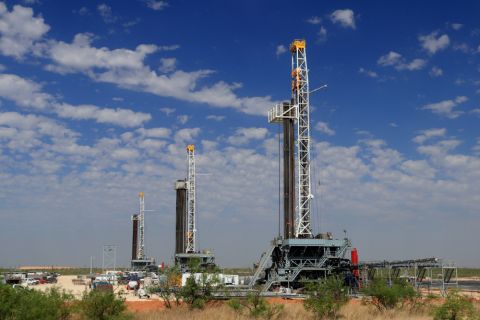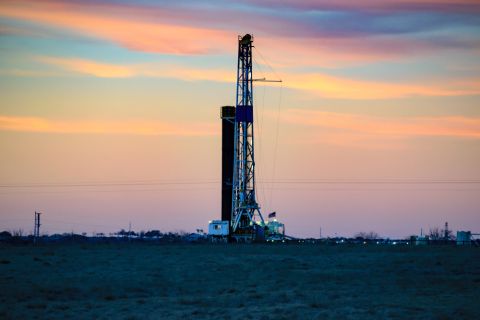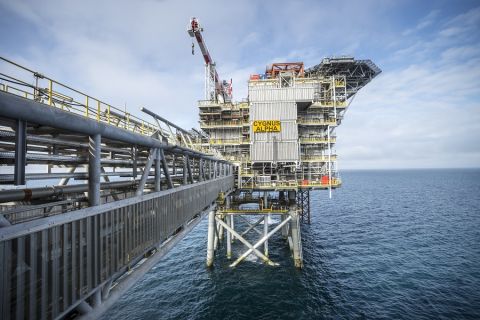Several tankers loaded with liquefied petroleum gas (LPG) have been unable to cross under Russia's Crimea bridge due to security restrictions, traders said on March 10, prompting suppliers to use other routes out of Russia.
The 12-mile (19 km) road and rail bridge, which was personally opened by President Vladimir Putin in 2018, was bombed in October in an attack Russia said was carried out by Ukraine. The bridge spans the Kerch Strait linking the Black Sea with the smaller Azov sea.
Kyiv never claimed responsibility for the bombing of the bridge on the morning of Oct. 8, a day after Putin's 70th birthday. Russia's Federal Security Service said the attack was organised by Ukrainian military intelligence.
According to Refinitiv Eikon ship tracking data, tankers were loaded with LPG in the Azov Sea port of Temryuk at the end of December, but they have been unable to proceed further south into the Black Sea.
The data showed that gas carriers Summer loaded with 2,900 tonnes of LPG, Gas Houston (3,400 tonnes) and Premier (2,400 tonnes) are still located in the Azov Sea, waiting for the passage into the Black Sea though the Kerch Strait.
"Looks like LPG was added to the list of the dangerous cargos, prohibited from the passage under (Crimea) bridge," an industry source said on condition of anonymity due to the sensitivity of the situation.
LPG, which is mainly used as fuel for cars, heating and to produce other petrochemicals, has been exempt from sweeping Western sanctions imposed against Russia over Ukraine.
The port of Temryuk, Russia's Federal Security Service, the Federal Service for Supervision of Transport, as well as cargo owners Gazprom and Lukoil, did not respond to Reuters' requests for comments.
It usually takes up to a week for tankers to deliver LPG cargoes from Temryuk to the Romanian ports of Midia and Mangalia, or to the Bulgarian port of Burgas.
LPG exporters from Russia and Kazakhstan have already diverted their cargoes from Temryuk.
Traders said that Tengizchevroil company is delivering LPG cargoes to the Georgian port of Batumi instead of Temryuk, while Russian suppliers increasingly use the port of Taman, located south to the Crimea bridge with unhindered passage to the Black Sea.
Recommended Reading
Marketed: Anschutz Exploration Corp. WI Opportunity in Converse County, Wyoming
2024-01-26 - Anschutz Exploration Corp. retained EnergyNet for the sale of its WI participation option in Converse County, Wyoming.
Excelerate Energy, Qatar Sign 15-year LNG Agreement
2024-01-29 - Excelerate agreed to purchase up to 1 million tonnes per anumm of LNG in Bangladesh from QatarEnergy.
UK’s Union Jack Oil to Expand into the Permian
2024-01-29 - In addition to its three mineral royalty acquisitions in the Permian, Union Jack Oil is also looking to expand into Oklahoma via joint ventures with Reach Oil & Gas Inc.
Permian Resources Continues Buying Spree in New Mexico
2024-01-30 - Permian Resources acquired two properties in New Mexico for approximately $175 million.
Eni, Vår Energi Wrap Up Acquisition of Neptune Energy Assets
2024-01-31 - Neptune retains its German operations, Vår takes over the Norwegian portfolio and Eni scoops up the rest of the assets under the $4.9 billion deal.




